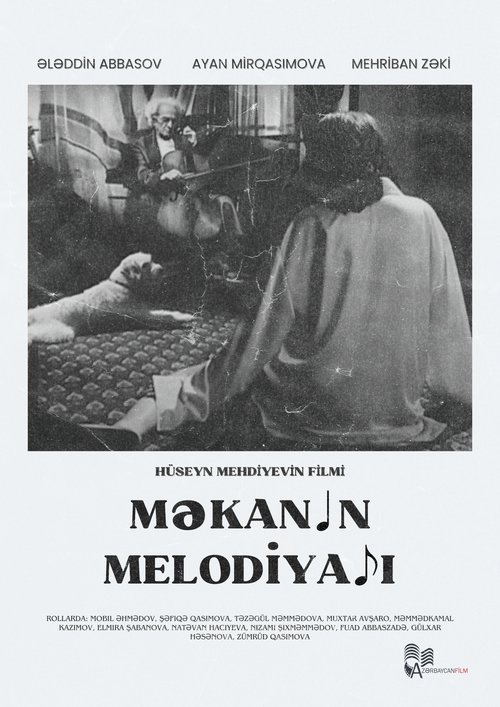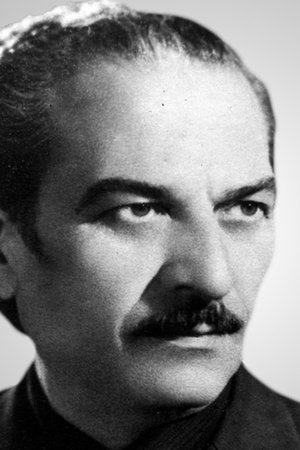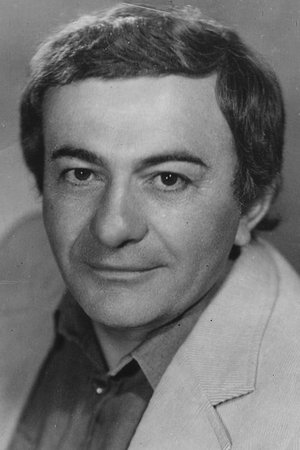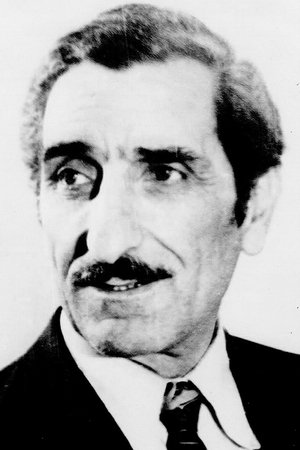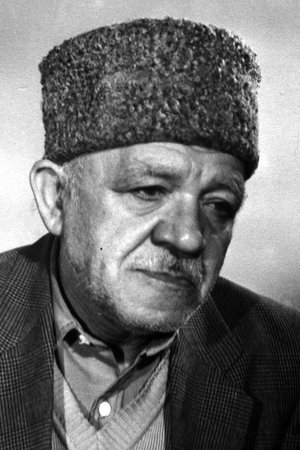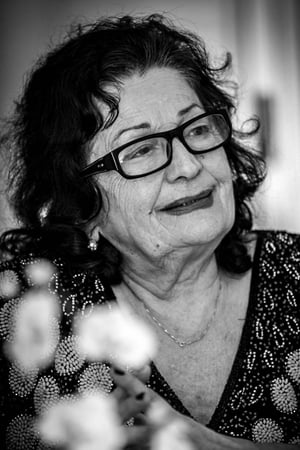
Aqueronte72
8
|
sep. 27, 2024
The cellist Murad, looking to say goodbye to his life, meets Rana the dancer in the same park that she never frequented but where she was also one inch away from suicide. Key moment, coincidence, inscrutable paradox or rather mystery of destiny; inscrutable because since each experience is personal, and we will never be able to experience the same anguish that our neighbor suffers from a loss - more or less common among men - whether material, much less opportunity do we have to understand their moral, spiritual affliction of that who, like the octogenarian, has abandoned or lost him in his most intimate sense of life. She laments on the park bench and feels hopeless. He even invites her to think, perhaps to touch the old man's breasts as if anticipating the mammogram that the old man will later invite her to do, selflessly, although, for the moment, there she is. Murad is content to tell her that he is not the type of man who touches young girls in the parks and, incidentally, makes her reflect by the leaves of the salix, a weeping willow that swayed at that moment in the wind; He invites her to his house and there he promises to take her to a good doctor. When his daughter Gulya arrives the next day with the grandchildren and sees a young and attractive Rana casually wandering around her father's home, we can already imagine the perplexity and immediately the terrible anger of the daughter. Gulya immediately stigmatizes the dancer as if she were a prostitute or worse. Rana warns her that her father is better than her, and that she has not slept with him.Anyway, Gulya believes that Rana has ulterior motives with the old man until the dancer warns her that the musician's health condition is worsening. I wonder what made the daughter more angry: having a stranger tell her that, or rather not having paid attention to the father's frustration that night when he tried to throw her a surprise party for her 80th birthday. Anyway, Rana remembers what happened. The cellist told him, he lost his memory because of that melody that in an alley or passage near a certain house shone like Mishar. Showing him the sheet music of the melody, Rana immediately jumped out: "You composed that melody 40 years ago, it's perfectly natural that you don't remember it completely." Rana did what Gulya did not have time or interest in doing: listen to the father, understand his affliction and above all, Rana accompanied the old man to the downtown area of the city, which is where the oldest houses are located. On the night walk, an old man from a balcony asked them if their intention was to insult him for asking references for a house from so long ago. Then, the memory, like the truth or the music that had been fading from Murad's consciousness, returns little by little: the two young people deeply in love, the girl for whom Murad tried to do something beautiful, the girl who made her The lover planted the honor of her and his love in a tree that was inside the house and building, a tree that was planted in front of the façade and whose building was demolished years later.They both listened to the testimony of the local neighbors and Rana could not tell him that the woman who loved him at that time was his own mother. Daughter Gulya's forgiveness was slow, forgive what? that a woman other than her mother would love her father so much. It was slow but in the end, Rana takes Gulya and her two little ones to the park and shows them her grace by dancing between the wind and the leaves. The spectator knew that the concert at the end with the recovered melody would be the last. And the finale was on that park bench.
